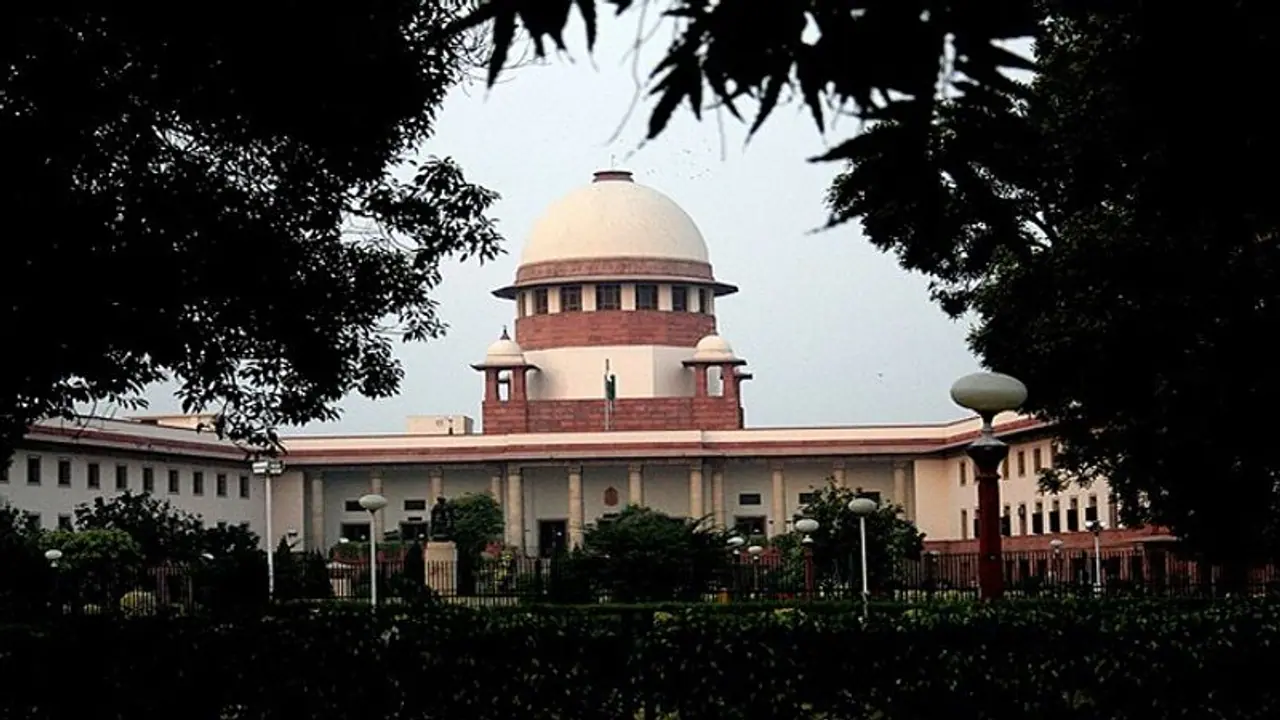The bench also said that despite a positive mandate under Article 324(2) and recommendations made by Dinesh Goswami Committee in 1990 to usher in greater independence for ECI, Parliament has not acted on framing a legislation.
The Supreme Court of India has said that the central governments have 'completely destroyed' the independence of the Election Commission of India (ECI) by ensuring no Chief Election Commissioner (CEC) has completed a full six-year term to head the poll body since 1996. It also said that the absence of a law for appointment of Election Commissioners (ECs) has resulted in an "alarming trend".

The Supreme Court also mooted the idea of including the Chief Justice of India in the appointment committee to ensure "neutrality".
Also read: UP: HIV-positive woman loses child after hospital medical staff refuses to touch
A bench, comprising justices KM Joseph, Ajay Rastogi, Aniruddha Bose, Hrishikesh Roy and CT Ravikumar remarked that the silence of the Constitution on how to pick CEC and ECs has been exploited by all political parties, giving rise to concerns if those appointed are expected to do the bidding of the dispensation at the relevant time.
"It's a very, very disturbing trend. After TN Seshan (who was CEC for six years between 1990 and 1996), the slide began when no person has been given a full term. What the government has been doing is that because it knows the date of birth, it ensures that anyone who is appointed as the CEC does not get his full six years... Be it the UPA (Congress-led United Progressive Alliance) government or this government, this has been a trend," justice KM Joseph said.
"In this way, the independence, which is just lip-service, is completely destroyed... Particularly in view of the disturbing trend we have found... nobody can question them since there is no check. This is how the silences of the Constitution can be exploited. There is no law, no check. Everyone has used it to their interest... Pick up someone and give him a highly truncated tenure," the bench added.
Earlier this month, Union law minister Kiren Rijiju had said that the Supreme Court collegium appoints people who are known to the judges and appear before them. At different occasions in the last one month, Rijiju has termed the collegium system 'opaque', and described the Indian selection system as the only one where judges appoint judges.
On Tuesday, as the Union government argued that there was no need for the court to interfere since the appointment process has worked well, the bench asked, "It is due to obdurate nature and obstinacy of the ruling political party, whichever colour it may be, that it will not want to let go of the present structure where they have a free hand. This is self-serving and they won’t want to let go of it... Each party that comes to power will want to hold on to it."
Also read: Satyendar Jain enjoys 'sumptuous meal' behind bars, Tihar Jail sources say he has gained 8kg
The bench also said that despite a positive mandate under Article 324(2) and recommendations made by Dinesh Goswami Committee in 1990 to usher in greater independence for ECI, Parliament has not acted on framing a legislation.
Presently, the ECI is a three-member body, with a CEC and two ECs. Under Article 324(2) of the Constitution, the President is empowered to appoint the CEC and ECs. This provision further stipulates that the President, who acts on the aid and advice of the Prime Minister and the council of ministers, will make the appointments 'subject to the provisions of any law made in that behalf by Parliament'.
With no such law having been framed till date, CEC and ECs are appointed by the Prime Minister and the council of ministers under the seal of the President. The rules for such appointments are also kept in silence on the qualification of a candidate.
